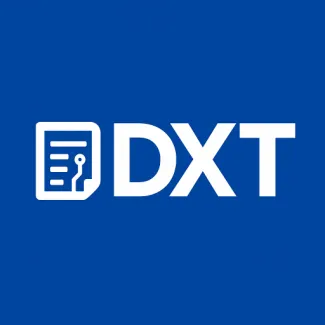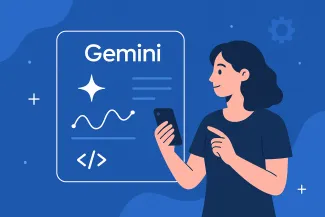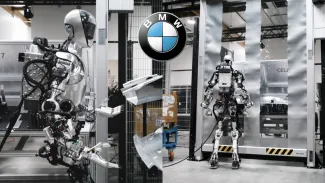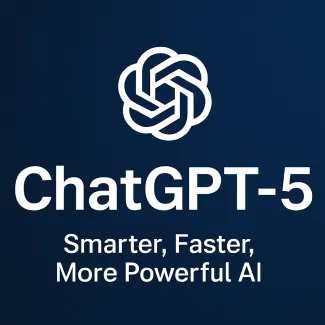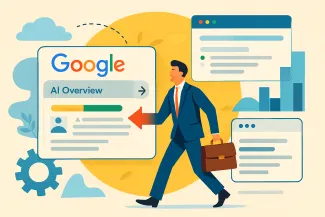The year 2025 marks a pivotal period of rapid technological evolution, with Artificial Intelligence (AI) at the forefront, reshaping various industries from cybersecurity to employment and even space exploration.
AI
The anticipation surrounding OpenAI's next major language model, GPT-5, is palpable.
Meta (formerly Facebook) is making significant strides in the field of Artificial Intelligence, aiming to achieve superintelligence. This involves developing AI systems that surpass human intelligence in various domains.
Anthropic's Claude AI can now process entire software projects in a single request, marking a significant leap in its capabilities.
The world of AI development is moving at an incredible pace, and Google's Gemini API is continuously evolving to provide developers with more powerful, flexible, and efficient tools.
L’intelligence artificielle ne cesse de repousser les limites de l’innovation, et la robotique humanoïde en est l’un des exemples les plus fascinants.
OpenAI has officially unveiled ChatGPT-5, a groundbreaking leap forward in artificial intelligence.
In a candid interview, OpenAI CEO Sam Altman shared his unease about the company's latest and most powerful AI model, GPT-5. He revealed that during testing, the model solved a complex problem that he couldn't, leading him to a moment of personal crisis.
Pagination
- Page 1
- Next page

